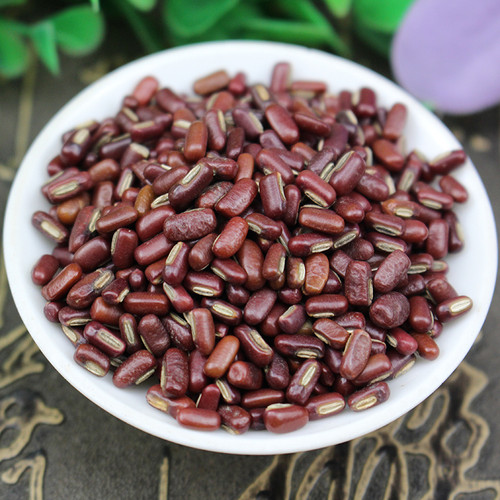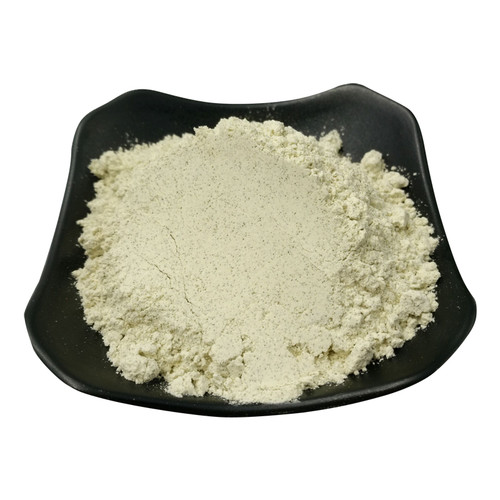Product Overview
Parts used: Dried ripe fruits
TCM category: Herbs that drain Dampness
TCM nature: Neutral
TCM taste(s): SourSweet
Meridian affinity: Heart Small intestine
Scientific name: Vigna angularis
Other names: Red mung bean, Red bean, Azuki bean or Aduki bean
Use of adzuki beans (Chi Xiao Dou) in TCM
Please note that you should never self-prescribe TCM ingredients. A TCM ingredient is almost never eaten on its own but as part of a formula containing several ingredients that act together. Please consult a professional TCM practitionner, they will be best able to guide you.
Preparation: Harvest the whole plants when the fruits are ripe. Dry under the sun and take the fruits. Remove impurities and dry again under the sun.
Dosage: 9-30 grams
Main actions according to TCM*: Expels dampness by facilitating urination. Activates Blood circulation and detoxifies. Reduces swelling and expels pus.
Primary conditions or symptoms for which adzuki beans may be prescribed by TCM doctors*: Edema Jaundice Carbuncles
Contraindications*: Not suitable for patients with Yin Deficiency.
Common TCM formulas in which adzuki beans are used*:
For Summer-Heat with thirst, irritability and fever combine adzuki beans with goldthread rhizomes (Huang Lian) and liquorice (Gan Cao).
For scanty urination and tendency to edema combine adzuki beans with polyporus (Zhu Ling), water plantain (Ze Xie) and poria-cocos mushrooms (Fu Ling).
Key TCM concepts behind adzuki beans (Chi Xiao Dou)'s properties
In Traditional Chinese Medicine (TCM), adzuki beans are plants that belong to the 'Herbs that drain Dampness' category. These herbs are typically diuretics, meaning that they promotes the increased production of urine in order to remove Damp that has accumulated in the body. According to TCM Damp accumulates first in the lower limbs, causing edema and impaired movement. From there, if unchecked, it can move upward and impair digestion and eventually the respiratory system.
Furthermore adzuki beans are plants that are Neutral in nature. This means that adzuki beans typically don't affect the balance in your body. Balance between Yin and Yang is a key health concept in TCM. Eating too many "Hot" (Yang) ingredients can lead to an imbalance whereby one has a Yang excess. The inverse is true as well: too many "Cold" (Yin) ingredients can lead to a Yin excess. The Neutral nature of adzuki beans means that you don't have to worry about that!
Adzuki beans also taste Sour and Sweet. The so-called "five elements" theory in Chinese Medicine states that the taste of TCM ingredients is a key determinant of their action in the body. Sour ingredients like adzuki beans help with digestion and restrain abnormal discharges of fluids from the body, such as diarrhea or heavy sweating. On the other hand Sweet ingredients tend to slow down acute reactions and detoxify the body. They also have a tonic effect because they replenish Qi and Blood.
The tastes of ingredients in TCM also determine what organs and meridians they target. As such adzuki beans are thought to target the Heart and the Small intestine. In addition to regulating blood flow, in TCM the Heart is believed to be the store of the "spirit" which basically refers to someone's vitality. Like the Stomach, the Small Intestine has a digestive role, extracting the "pure" part of what we injest to the Spleen and the "impure" down to the Large Intestine.
Use of adzuki beans (Chi Xiao Dou) as food
Adzuki beans are also eaten as food. It is used as an ingredient in dishes such as Spiced & seasoned adzuki beans or Pumpkin and Adzuki Bean Dip.






